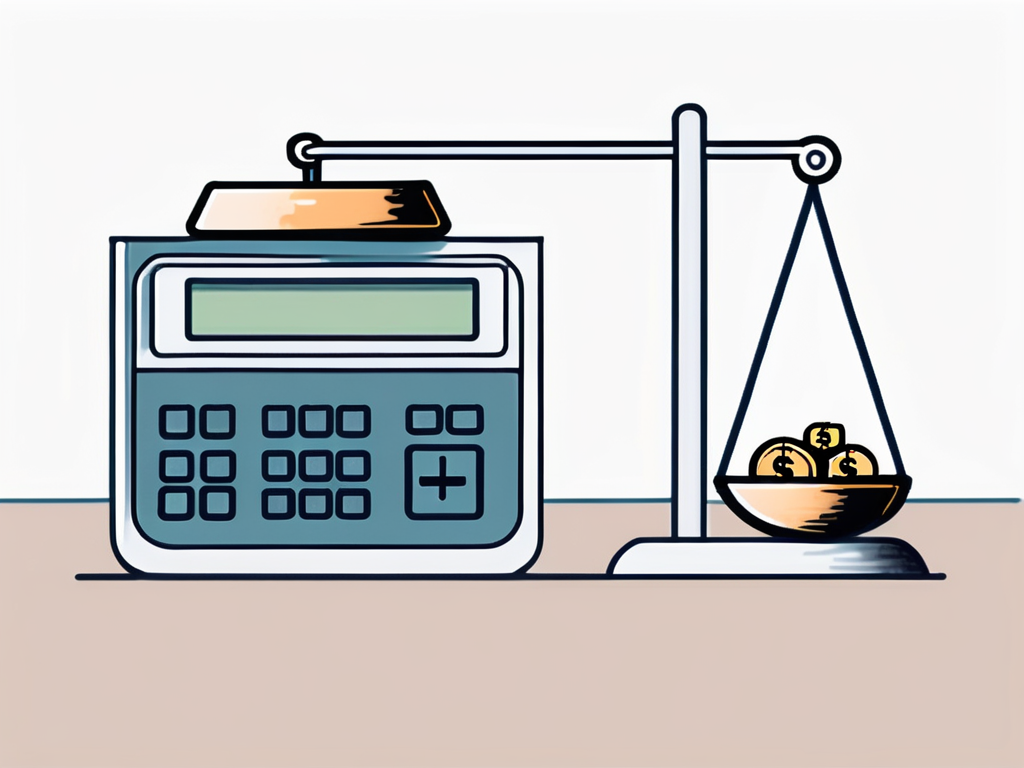Welcome to the world of small business accounting, where the numbers are made up and the tax codes don’t matter! Just kidding, they matter a lot. In fact, they’re the reason we’re here today, to dive deep into the belly of the beast known as the Internal Revenue Service (IRS). So, buckle up, buttercup, because we’re about to embark on a wild ride through the labyrinth of tax laws, financial statements, and audits. Oh my!
Now, before we get started, let’s get one thing straight. When we say “Small Business CPA,” we’re not talking about a tiny accountant who fits in your pocket. No, we’re referring to Certified Public Accountants who specialize in helping small businesses navigate the treacherous waters of the IRS. These brave souls are the unsung heroes of the business world, the Gandalfs to your Frodo, the Samwise to your Frodo, the… well, you get the idea.
Understanding the IRS
First things first, let’s talk about the IRS. No, not the band from the 80s, the Internal Revenue Service. This government agency is responsible for collecting taxes and enforcing tax laws. Sounds fun, right? Well, it’s about as fun as a root canal, but it’s a necessary evil in the world of business.
Now, the IRS isn’t just some faceless entity that takes your money and runs. It’s actually a complex organization with different departments, each with its own set of responsibilities. Think of it like a giant, tax-collecting octopus, with each tentacle doing its own thing. But don’t worry, we’re here to help you understand each one, so you don’t get tangled up in the process.
The Role of the IRS in Small Business
So, what does the IRS have to do with your small business? Well, a lot actually. From the moment you open your doors (or website), the IRS is there, watching, waiting, ready to collect its share of your hard-earned money. But it’s not all doom and gloom. The IRS also provides resources and guidance to help small businesses understand their tax obligations. So, it’s kind of like a strict teacher who gives you a lot of homework, but also helps you understand it.
One of the main ways the IRS interacts with small businesses is through tax collection. This includes income tax, payroll tax, and sales tax, to name a few. The IRS also oversees tax deductions and credits that can help small businesses reduce their tax liability. So, while the IRS may seem like the big bad wolf, it can also be your fairy godmother, if you know how to work the system.
IRS Audits and Small Businesses
Now, let’s talk about the elephant in the room: IRS audits. Yes, they’re as scary as they sound, but they’re also a lot less common than you might think. In fact, only about 1% of small businesses are audited each year. So, while it’s important to be prepared, you don’t need to lose sleep over it.
An IRS audit is basically a review of your business’s accounts and financial information to ensure that you’re complying with tax laws. If you’re selected for an audit, it doesn’t necessarily mean you’ve done something wrong. It could just be a random selection, or it could be because there’s something fishy in your financials. Either way, having a small business CPA on your side can make the process a lot less stressful.
The Role of a Small Business CPA
Now that we’ve covered the IRS, let’s move on to the real heroes of this story: small business CPAs. These financial wizards wear many hats, from tax preparer to financial advisor to audit defender. They’re like the Swiss Army knives of the accounting world, ready to tackle any financial challenge that comes their way.
A small business CPA can help you understand and navigate the complex world of IRS regulations. They can prepare and file your taxes, help you plan for the future, and even represent you in the event of an audit. They’re like your own personal financial bodyguard, protecting you from the potential pitfalls of running a business.
CPA vs. Non-CPA Accountants
Now, you might be thinking, “Can’t any accountant do that?” Well, yes and no. While all CPAs are accountants, not all accountants are CPAs. Think of it like squares and rectangles. A CPA is a type of accountant who has met certain education and experience requirements and passed a rigorous exam. They’re like the Navy SEALs of the accounting world, trained to handle the toughest financial situations.
That’s not to say that non-CPA accountants can’t help your business. They can certainly handle basic bookkeeping and tax preparation. But when it comes to more complex issues, like audits or financial planning, a CPA is your best bet. They have the knowledge and experience to handle anything the IRS throws at them.
Choosing a Small Business CPA
So, how do you choose the right CPA for your small business? Well, it’s a lot like dating. You want to find someone who understands you, shares your goals, and isn’t afraid to tell you when you’re wrong. You also want someone with experience in your industry and a good reputation. After all, you’re entrusting them with your financial future, so you want to make sure they’re up to the task.
When choosing a CPA, it’s important to ask about their experience with small businesses and the IRS. You should also ask about their fees and how they charge for their services. Some CPAs charge by the hour, while others offer a flat rate for certain services. It’s also a good idea to ask for references and check their credentials. Remember, this is a long-term relationship, so take your time and choose wisely.
Conclusion
Well, there you have it, folks. The IRS and small business CPAs in a nutshell. Sure, it might seem overwhelming at first, but with the right CPA by your side, you can navigate the IRS like a pro. So, don’t let the tax man get you down. Embrace the challenge, find your financial Gandalf, and conquer the world of small business accounting!

Remember, the IRS isn’t out to get you. They’re just doing their job, just like you. And with a little help from a CPA, you can do your job even better. So, here’s to small businesses, the unsung heroes of the economy, and the CPAs who help them shine. Cheers!


